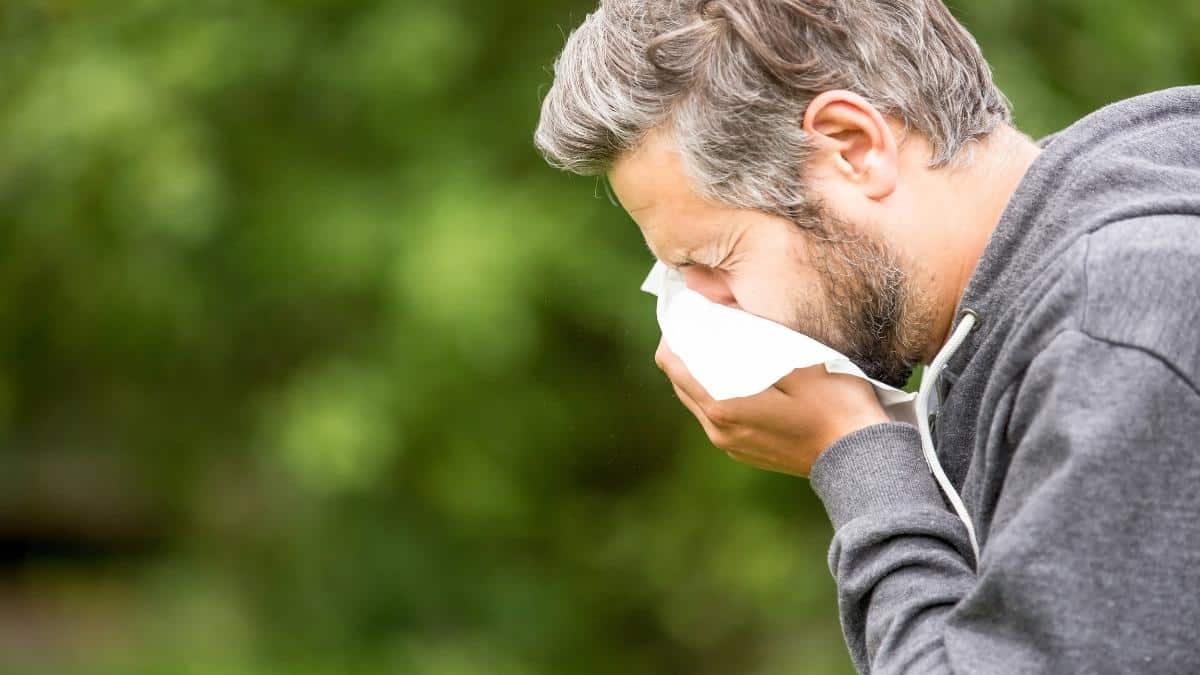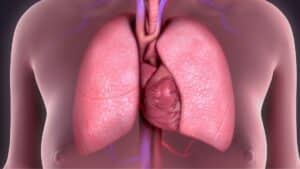Do You Suffer from COPD and Allergies?
To the majority of the population, allergies are an inconvenience that can be dealt with through a trip to the doctor, maybe a shot, and a pack of tissues.
For people with chronic obstructive pulmonary disease (COPD) — the third leading cause of death in the United States — allergies increase the likelihood of an exacerbation, also known as a flare-up.
A poorly-handled flare-up can land a person in the hospital and heighten their susceptibility to subsequent infection.
Flowers, trees, grass, pollen, and mold spores can all bring on an allergy attack. Such attacks may include shortness of breath, increased mucus production, chest tightness, and wheezing.
Flare-ups are the number one cause of hospitalization for COPD sufferers. Flare-ups can be fatal. There are triggers that can cause a flare-up, and the presence of seasonal allergy symptoms in a COPD sufferer is one such trigger.
Preventing an allergy attack can reduce the likelihood of a life-threatening flare-up.
5 Tips for Avoiding Flare-Ups
The Lung Institute is committed to improving the lives of people suffering from lung disease, so we have assembled a few tips and resources to help people with COPD and other forms of lung disease to avoid a flare-up.
- Stay Indoors – Leave shoes outside to avoid tracking in pollen and spores, and wash clothes after spending time outside.
- Close the Windows – The breeze feels wonderful this time of year, but allergens are on the wind. By keeping windows closed pollen and other allergens can’t make their way into the home.
- Change HVAC Filters & Vacuum – Change home air conditioning filters and car filters often. If allergens bother you, it’s worth paying a few dollars more for a better-quality filter that will eliminate more allergens. Vacuum and clean floors regularly to keep your home as free of allergens as possible.
- Fix Water Leaks – Leaky pipes or areas that have water damage can promote the growth of mold. Mold can have an extremely detrimental effect on overall health, and especially lung health.
- Avoid Other Triggers – Avoid cigarette smoke, low-quality candles, perfumes, cleaning agents with volatile organic compounds (VOCs), air that’s too dry or too humid, and pet dander.
Allergy Resources
We can’t control the weather, but there are some helpful resources available to monitor air quality in your local area.
The Weather Channel’s website has a search option to see what’s blooming by zip code and how bad the pollen index is on a given day. Click here to learn more.
Pollen.com is also a good reference to check the pollen forecast, allergy forecast, and cold and flu forecast for the upcoming week.
Prescription medications and inhalers can help lung disease sufferers with allergy symptoms.

Christine Kingsley, APRN is the Health and Wellness Director at the Lung Institute where she focuses on providing helpful online resources for people looking for information on various lung diseases, breathing exercises, and healthy lifestyle choices. She advocates for holistic care that involves working with your doctor to explore all options including traditional and alternative care while focusing on diet and exercise as proactive measures.









